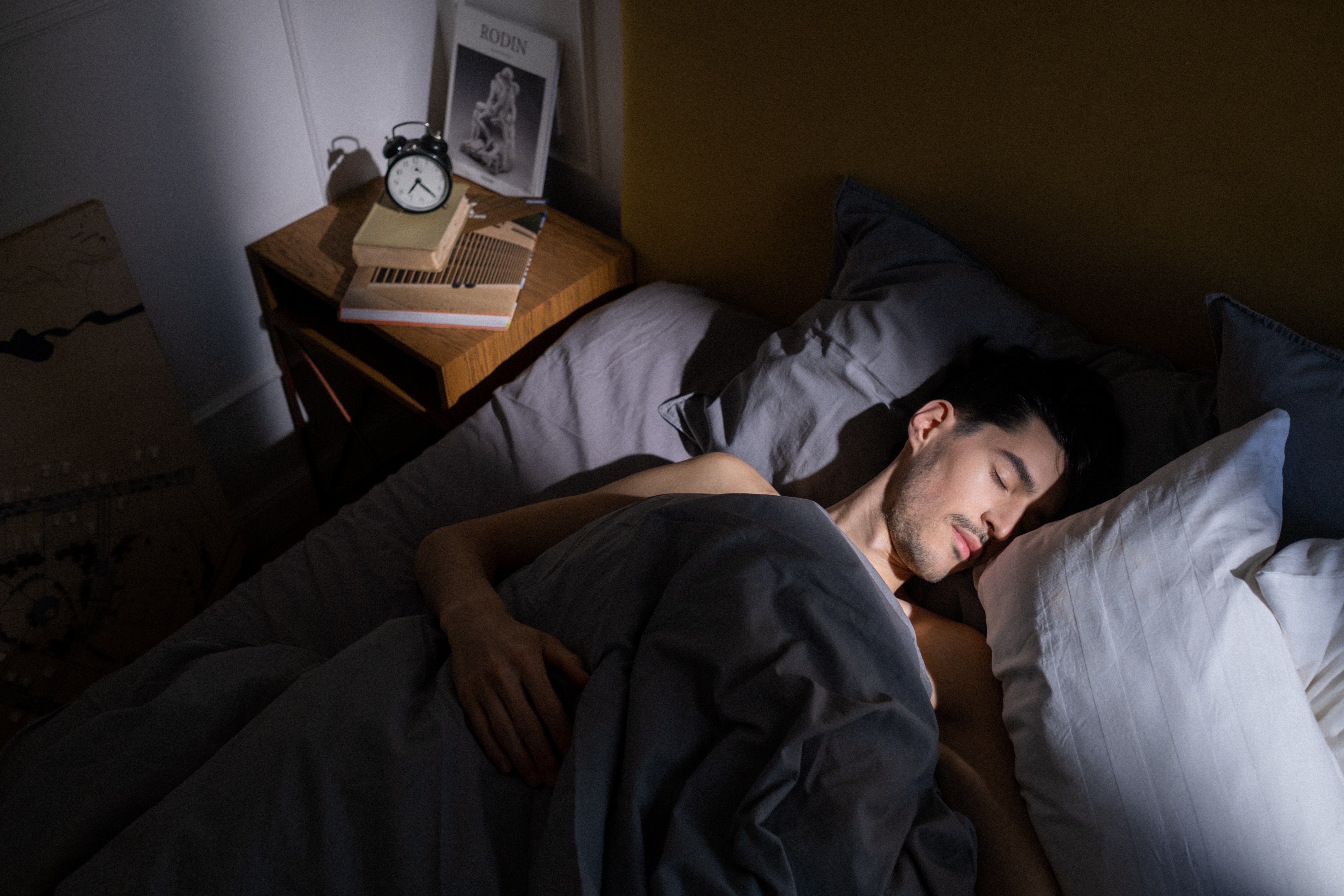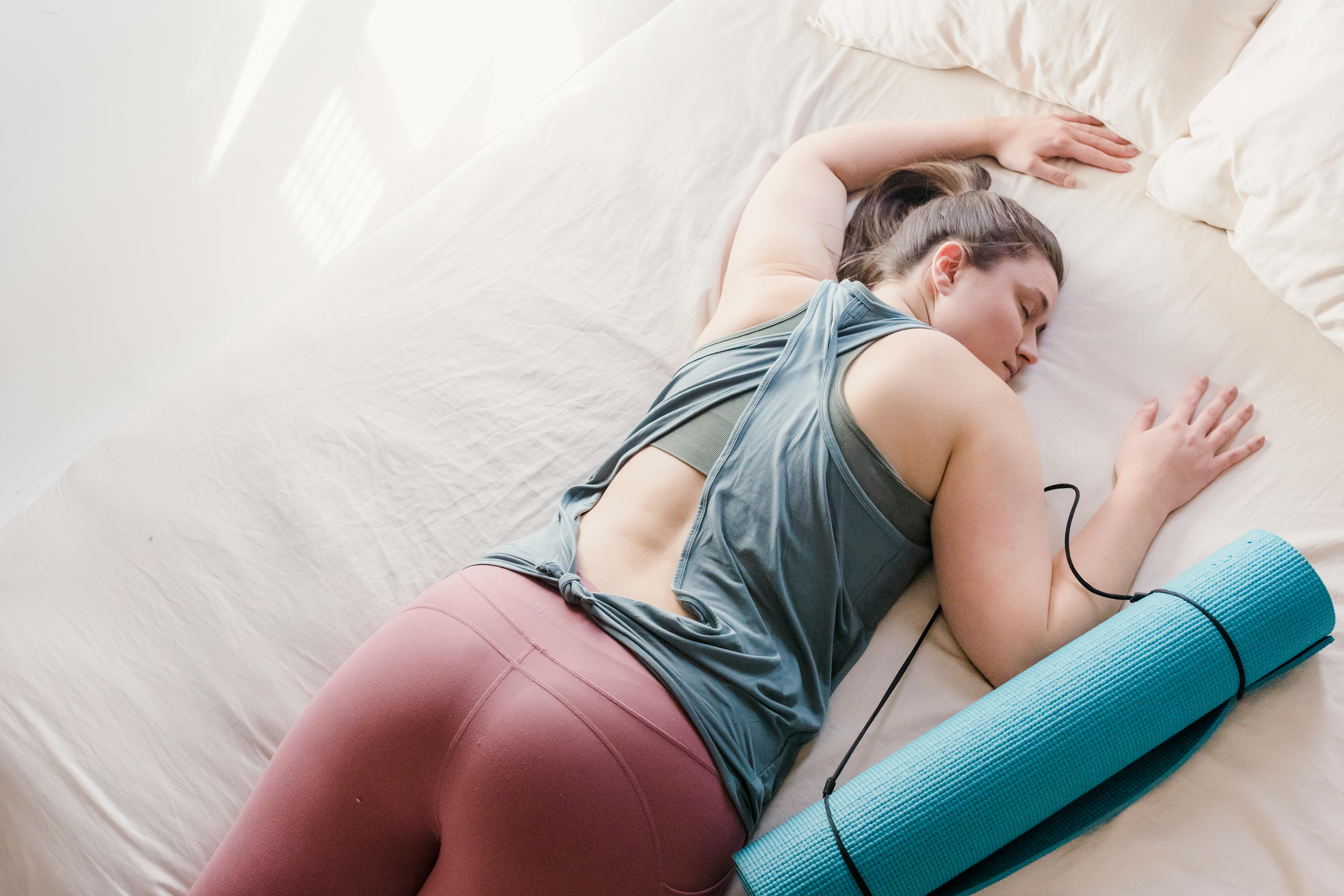Mindfulness is a skill that is simple to use, however it can’t necessarily be classed as an easy skill to apply, especially in the beginning.
Mindfulness is also commonly misunderstood, and people can become slightly disillusioned when they are unable to “Clear their Mind”. However, this is not the goal of Mindfulness, and nor is this possible to achieve!
A good way to explain mindfulness is that it's a form of attention training.
The goal isn't to get rid of thoughts, clear your mind, or reduce anxiety levels – however, these are all positive side effects of the practice of learning to stay present.
Here is a laundry list of the things that mindfulness meditation can do for us:
Mindfulness can improve attention and focus;
Mindfulness can reduce stress and anxiety;
Mindfulness can enhance emotional regulation;
Mindfulness can enhance cognitive flexibility;
Mindfulness can improve our decision-making skills;
Mindfulness can improve our communication skills;
Mindfulness can enhance our creativity;
Mindfulness can improve our overall wellbeing;
Mindfulness can improve our athletic performance;
Mindfulness can improve our academic performance.
If someone can train their attention to be here, now, they will quickly find that there are a lot of good things in the world to absorb and that the present is a tougher place for anxiety and depression to enter.
For most people, when they come to train their attention the first time, they find it challenging. When they notice their mind has an awful lot of thoughts and won't seem to "quiet down," their natural inclination is to give up and say that mindfulness simply doesn't work for them.
But this would be like being disheartened that you can't squat 150kg the first time you walk into the gym. If you want to get stronger at anything, you must train, and your brain is no different!
If you can persist past the first few difficult sessions, mindfulness is a skill that can truly change your life. And there are several ways you can do it.
Arguably, the most popular way to practice mindfulness is breathing meditation. This is where you sit down, close your eyes (usually), and focus on your breathing for a short period of time. Starting with as little as 2 minutes is recommended.
Each time your mind wanders, you just bring your attention back to the breath. Each time you are distracted and come back to the present, it's like doing a Psychological ‘rep.’
The reality though is you can be mindful doing almost anything, though - so if sitting and focusing on your breath isn't your thing, there are several alternatives.
Another popular recommendation is mindful music. Essentially, you play an instrumental track, and you tune your attention to one part of the track. You focus on that piece as long as you can. When you get distracted, you let go of the distraction and find your way back to the same track. You can do this for 3-minute sprints several times a day, and I often find that people are more engaged with this kind of training.
Below is a list of some other creative alternatives associated with mindfulness:
-
Mindful colouring - there are some great mindful colouring books online);
-
Walking meditation - simply pay attention to the way your body moves and feet touch the ground;
-
Eating meditation - eat slowly and notice the sensations, textures, smells, and more associated with eating.
There's no specific right way to do mindfulness, and any benefits seem to accrue over time, no matter what form you decide to practice. In fact, some studies suggest that as little as 100 minutes is enough to start making some structural changes in the Brain. In other words, 100 minutes of training leads to some real brain growth!
Over the course of the next week, consider integrating two to five minutes (at least) of meditation into your day. It can be done anytime, anywhere - just take the plunge and get started!
The best way to capture moments is to pay attention. This is how we cultivate mindfulness. Mindfulness means being awake. It means knowing what you are doing."
You can experience the benefits of mindfulness via a free app from the Healthy Minds Programme: download the the app here
Further reading
Quote
"Mindfulness is a way of befriending ourselves and
- Jon Kabat-Zinn
|
Related Articles

.jpg)
The effects of alcohol on brain and body
Steve Hardisty | June 27, 2023
Alcohol is very much a cultural norm and widely accepted in society: it is ...
Read More
.jpg)
Toolkit for sleep
Steve Hardisty | September 6, 2022
This podcast from Huberman Lab provides a host of information on what ...
Read More
.jpg)
Sleep: The ultimate performance enhancer
Steve Hardisty | January 2, 2025
In the world of professional rugby, where the demands on your body and ...
Read More